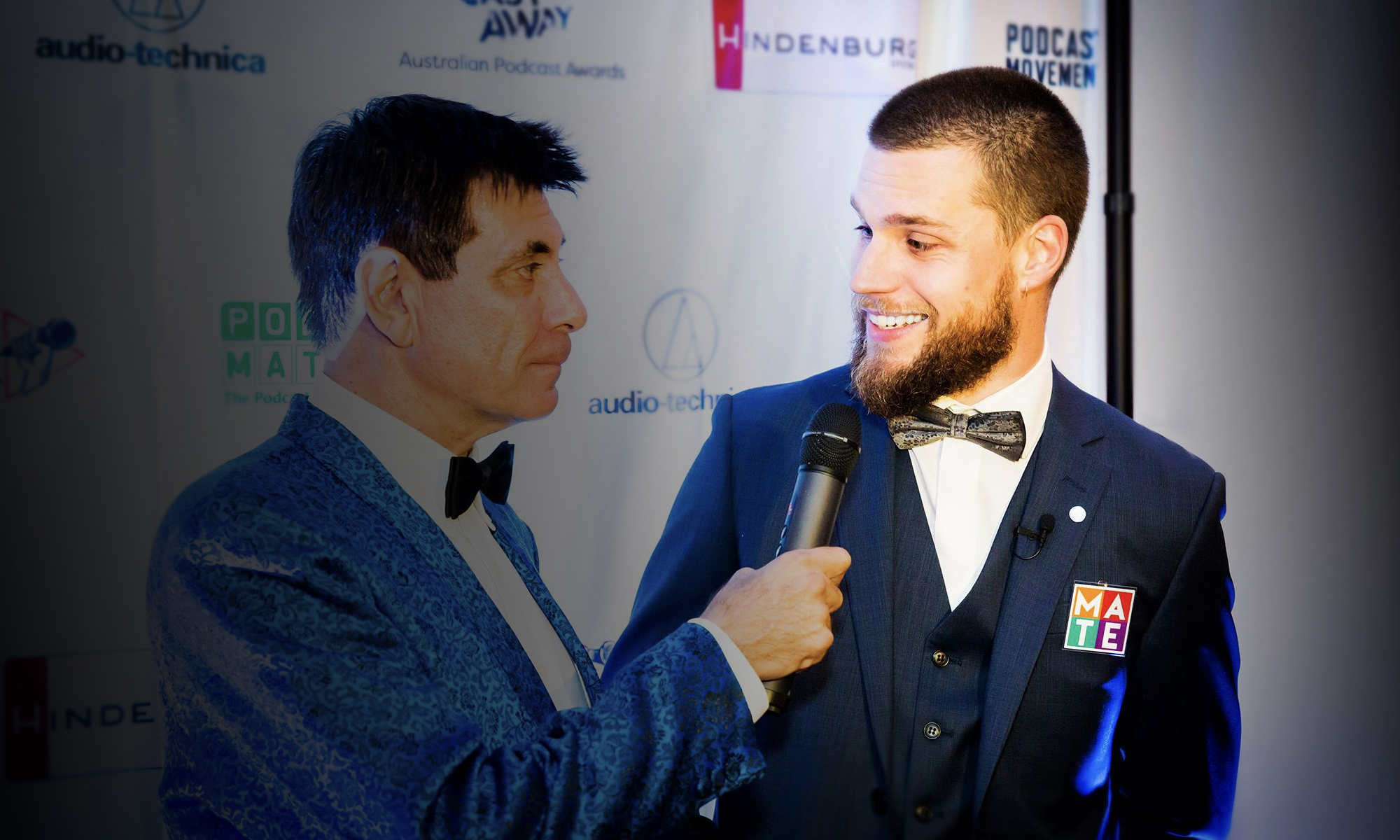A recent study has shown that online social networking sites (Facebook, in particular) reflect users’ actual personalities, not self-idealisation. The paper (published in the journal Psychological Science) suggests that people do not use their online social networking profiles to promote an idealised virtual identity; but instead use them as a platform in which to express and communicate their real personality authentically (Back et al., 2010).
When it comes to online social networking sites, it really does hold that:
(Image source: http://www.flickr.com/photos/crispy_chips/3811677140/)
So, what does this mean for marketing and marketers?


I'm not so sure I agree with this. I did some market research for a company wanted to use social networking to get increase awareness of their brand. They started to use twitter as means of getting an image out there. The thought behind each 'tweet' isn't just spontanious like a personal twitter account.
Marketing can be done through twitter only if utilised in the right way. And people will use it to get an image out there instead of showing off their true personaity.
The number of people using facebook and twitter putting in song lyrics and cryptic messages is another example of this. It's not always truthful.
The majority of personal accounts may hold to this. But you have to consider who else is using these outlets and for what reasons.
I disagree that it reflects a person's true personality. All it allows is a window of opportunity to bitch and whinge, or self-promote, etc., albeit usually in a clever or humourous way. Yes, it may reflect a person's opinion/attitude, but that's only a miniscule part of what makes up a person's 'actual personality'. The term is debatable in itself, as it's highly probable others will never perceive you in the exact same way you see yourself. You will never truely know the entirety of a particular human being. People have enough difficulty in trying to define and express their own personality, let alone someone else's.
@Christa
Would you not agree though that posting song lyrics, cryptic messages, bitching, whinging, etc. are all ways of expressing oneself genuinely?
Also keep in mind that this study focused on Facebook, a closed social networking site. Ergo, we assume that people are more willing to express their authentic self with their private friendship group of which they approved to view it.
I'm not sure exactly how to analyse brands' authenticity on social networking sites. I'm not sure that brands have an authentic self per se. Brands are always trying to build themselves & establish a positioning in their customers' & prospects' minds. They're always trying to gain awareness, and as you said, the thought behind each tweet isn't spontaneous: this is because social media marketing is a brand STRATEGY. You can't have spontaneity when you're strategically publishing content.
It is an interesting concept to consider though.
@Anonymous
It's an interesting point you raise: “… others will never perceive you in the exact same way you see yourself.”
I'm not sure how to consider this in the context of this scenario. Have a read of the study (link is above in post body) and see what you think…
Additionally, as I discuss in my previous comment, the term “authentic” becomes even more controversial when we consider brands & their branded Facebook and Twitter pages.